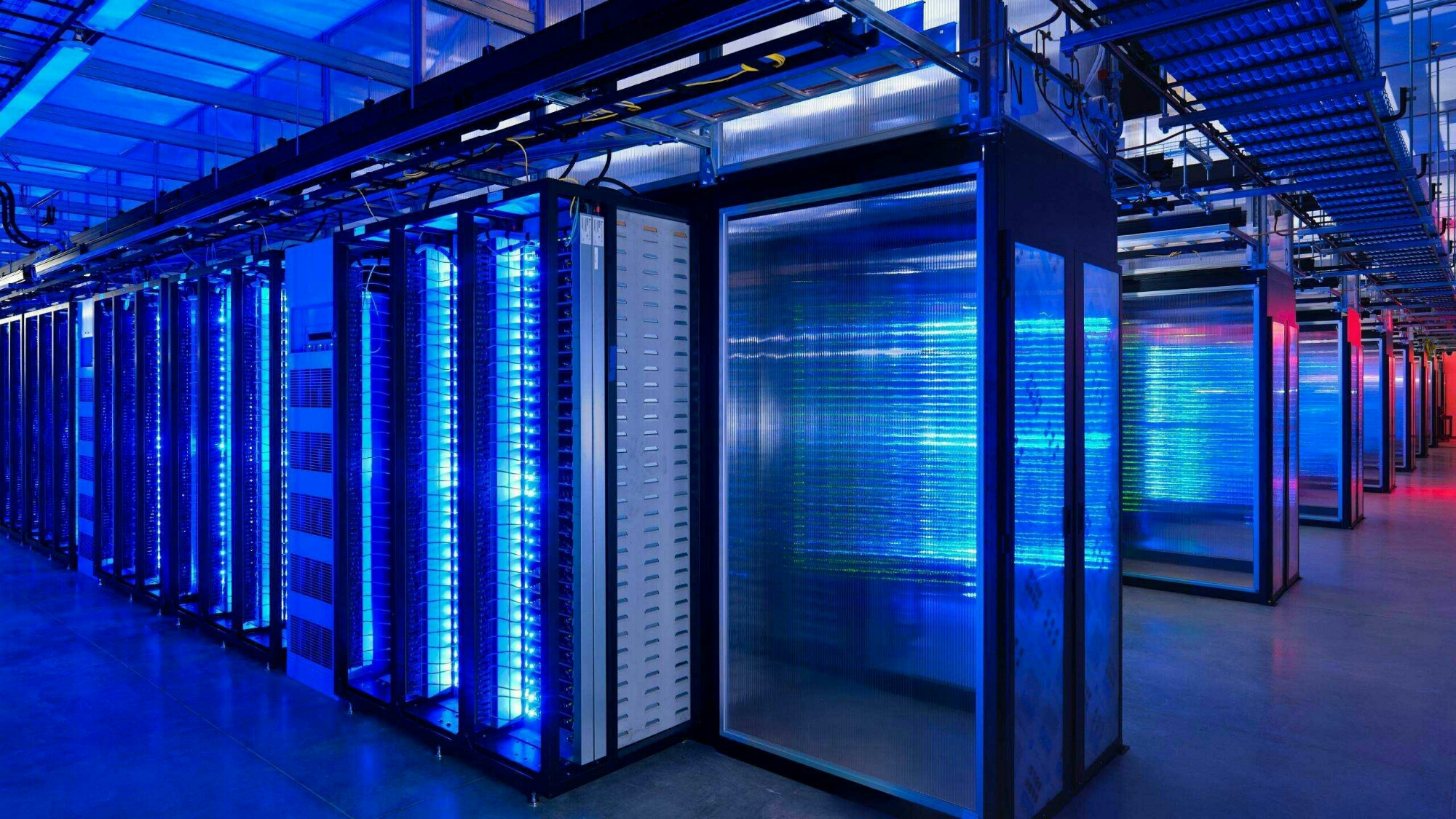Now that several approaches to building quantum computers are getting more realistic, it’s about time to think what we can do with them, argues New Scientist.
Supercomputer in India. (Photo: Strategic Times)
Consultant Michael Brooks provides us with a familiar list of applications. You may have heard of most the uses: problem optimisation, searches in unsorted databases, code-cracking by factorisation, drug discovery (who could be against it?), and pattern recognition in vast piles of data.
“But the truth is,” says Brooks, “that many uses lie beyond our puny imaginations.” He argues that “As things stand, there are precious few useful applications. In fact, we are roughly where programming for classical computers was in the 1950s: you have to understand what the processor hardware is actually doing – physically – to manipulate the qubits, and to do this you have to talk to them in the quantum version of the 1s and 0s that we feed to regular computers.”
‘Many uses lie beyond our puny imaginations’
Real progress will depend on making these new devices accessible and appealing to people with no quantum experience. It’s something that James Wootton (University of Basel) is pursuing, especially now IBM has made its five-qubit computer accessible. “You can play with real quantum computers now,” he says.
The experience has made him an evangelist for the joy of quantum programming, and he is actively recruiting people to the cause because he believes the killer ideas will not come from insiders. “We’re used to thinking in a certain way, and people now accessing the field are not thinking that same way,” says Wootton. “When the right people get interested we’ll see some great things happening on these devices.”
What are quantum computers good for? That might be up to you.
- Adapted from Michael Brooks, The problem with the ultimate problem-solving machine, New Scientist, 4 November 2017.
Heb je een vraag of opmerking over dit artikel?
j.w.wassink@tudelft.nl


Comments are closed.